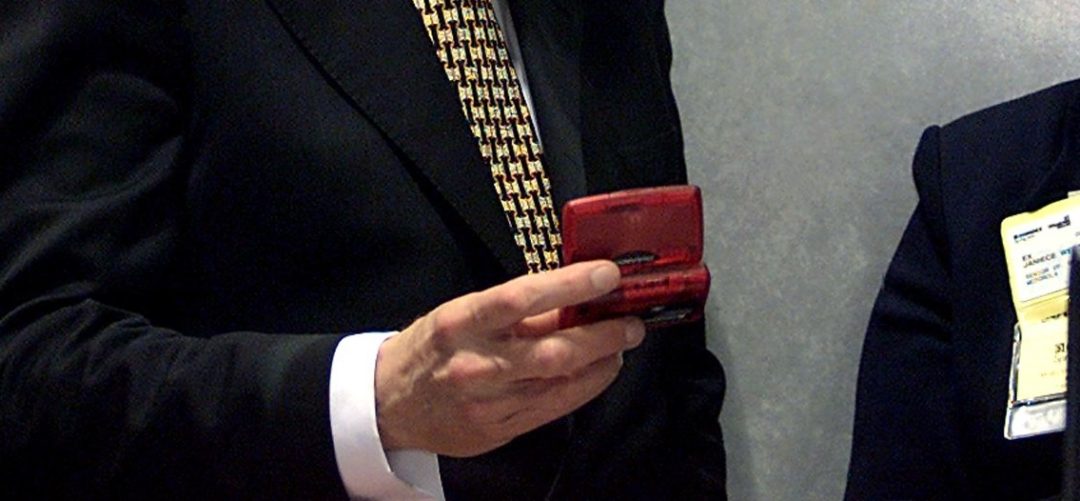Hundreds of Hezbollah fighters were injured on Tuesday in Dahiyé, the Bekaa Valley, and southern Lebanon. The cause: the explosion of their pagers, likely after being hacked by Israel.
Predecessor to Mobile Phones
A pager, or beeper, is a mobile communication device widely used before the rise of mobile phones. Its main purpose is to receive short messages, usually phone numbers or emergency notifications, which are displayed as text.
First appearing in the 1950s, pagers reached their peak in the 1980s and 1990s. They were particularly favored in sectors where quick response was essential, such as hospitals or emergency services. Pagers work via a radio transmission network: when someone wants to contact a pager user, they go through an operator who sends a signal to the device. The pager vibrates, emits a sound, or flashes to indicate a message has been received. Some more advanced models allowed for two-way communication, but most pagers were unidirectional, limited to receiving messages.
The pager offered a simple and reliable alternative to phone communication, especially in areas where mobile networks were underdeveloped. Its popularity also stemmed from its low cost, durability, and ability to function in environments where mobile phones were ineffective, such as basements or certain hospitals.
However, with the advent of mobile phones and instant messaging services, the use of pagers quickly declined. Today, their use is very marginal, although some professionals, particularly in healthcare, continue to use them for safety and reliability reasons.
Countermeasure to Israeli Intelligence
The pager was a precursor to modern mobile communication but has been overtaken by more advanced and versatile technologies. However, in the current context of the conflict between Israel and Hezbollah, the device has found a new use.
In fact, the rise in targeted assassinations carried out by the Israeli army against members of Hassan Nasrallah’s organization has forced Hezbollah to rethink its communication methods. The issue lies in how easily Israeli intelligence could locate fighters through their mobile phones.
Using pagers seems to be a countermeasure to Israeli successes. Especially since Hezbollah has regularly warned its members of such dangers, even going as far as banning the use of mobile phones while on duty.
However, pagers operate using radio frequencies to receive messages, and these signals can be intercepted relatively easily with the right equipment. Unlike modern communications, which are often encrypted, messages sent to pagers are generally transmitted in plain text, without privacy protection. In short, a pager can be easily hacked.





